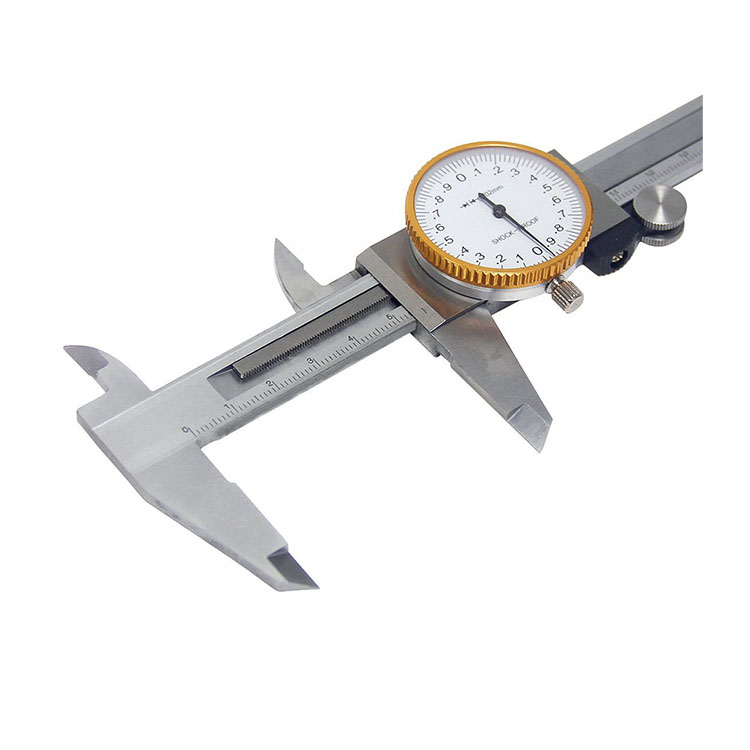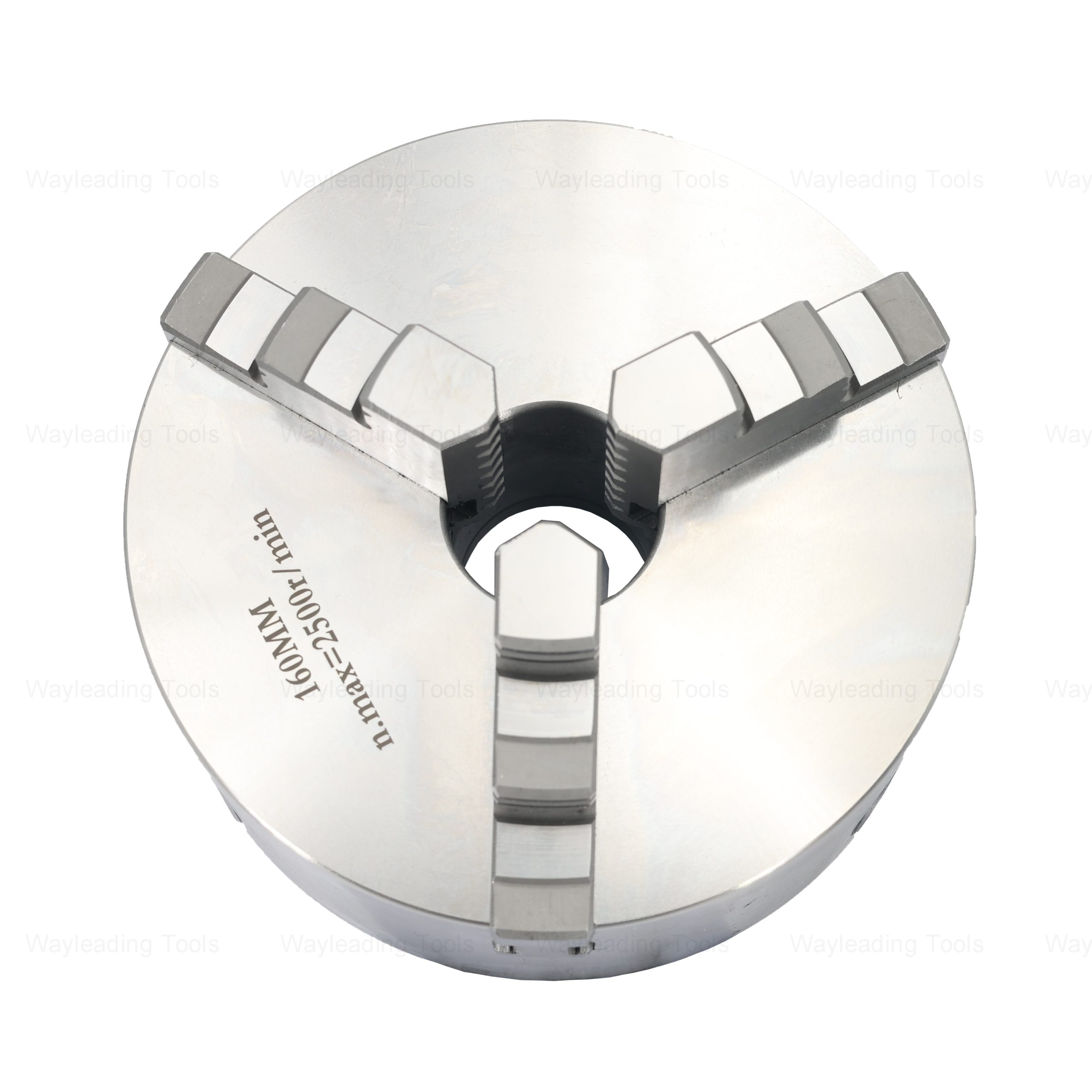bore gage setting ring Suppliers
Finding reliable bore gage setting ring suppliers can be challenging. This guide provides a comprehensive overview of factors to consider when selecting a supplier, including material options, certification standards, and accuracy requirements. We also explore various suppliers known for their quality and service in the precision measurement industry.
Understanding Bore Gage Setting Rings
Bore gage setting rings are essential tools for calibrating and verifying the accuracy of bore gages. They provide a known reference diameter, allowing users to ensure their bore gages are measuring accurately. Choosing the right supplier for these rings is critical for maintaining quality control and precision in manufacturing processes.
Why Accuracy Matters
The accuracy of a bore gage setting ring directly impacts the accuracy of your bore gage measurements. Inaccurate measurements can lead to flawed parts, increased scrap rates, and ultimately, compromised product quality. Therefore, it's crucial to source setting rings from reputable suppliers who prioritize precision and quality control.
Factors to Consider When Choosing a Supplier
Several key factors should be considered when selecting bore gage setting ring suppliers:
- Material: Common materials include steel, carbide, and ceramic. The choice of material depends on the application and required durability.
- Accuracy Grade: Setting rings are available in various accuracy grades, typically expressed in millionths of an inch or micrometers.
- Certification: Ensure the supplier provides traceable certification to recognized standards, such as NIST (National Institute of Standards and Technology).
- Size Range: Consider the range of diameters offered by the supplier to ensure they can meet your current and future needs.
- Lead Time: Inquire about lead times, especially if you have urgent requirements.
- Customer Support: Choose a supplier known for excellent customer support and technical assistance.
- Price: While price is a factor, prioritize quality and accuracy over cost.
Types of Materials Used in Setting Rings
The material of a bore gage setting ring significantly affects its performance and longevity. Here's a brief overview of common materials:
- Steel: Offers a good balance of durability and cost-effectiveness. Often used for general-purpose applications.
- Carbide: Provides exceptional wear resistance and dimensional stability. Suitable for high-precision and abrasive environments.
- Ceramic: Exhibits excellent thermal stability and resistance to corrosion. Ideal for applications requiring high accuracy over a wide temperature range.
Accuracy Grades and Certifications
Understanding accuracy grades and certifications is essential for selecting the appropriate bore gage setting ring. Here's what you need to know:
- Accuracy Grades: Accuracy grades are typically expressed in terms of tolerance, such as ±0.00005' (50 millionths of an inch) or ±0.001 mm (1 micrometer).
- NIST Traceability: Ensure the setting ring is traceable to NIST standards. This indicates that the calibration process is linked to national measurement standards.
- ISO 17025 Accreditation: Look for suppliers with ISO 17025 accreditation for their calibration laboratories. This signifies competence in calibration and testing.
Top Bore Gage Setting Ring Suppliers
While we don't endorse any specific supplier, here are some well-known companies in the precision measurement industry that offer bore gage setting rings:
- Mitutoyo: A global leader in metrology equipment, offering a wide range of setting rings with NIST traceability.
- Starrett: Renowned for its high-quality measuring tools and instruments, including setting rings.
- Vermont Gage: Specializes in manufacturing and distributing precision gages, including setting rings.
- Meyer Gage: Offers a variety of gage products, including setting rings with various accuracy grades.
- Wayleading Tools: Specializes in providing high-quality measurement solutions. Wayleading Tools focus on providing customers with professional services, including custom manufacturing of precision measurement tools.
Finding the Right Size and Diameter
Selecting the correct size and diameter for your bore gage setting ring is crucial for accurate calibration. Here's how to determine the appropriate size:
- Bore Gage Range: Choose a setting ring with a diameter within the range of your bore gage.
- Nominal Diameter: Select a setting ring with a diameter close to the nominal size of the bores you typically measure.
- Tolerance: Ensure the setting ring's tolerance is appropriate for your application. Higher precision applications require tighter tolerances.
Maintaining Your Bore Gage Setting Rings
Proper maintenance is essential for preserving the accuracy and longevity of your bore gage setting rings. Here are some tips:
- Storage: Store setting rings in a clean, dry environment to prevent corrosion and damage.
- Handling: Handle setting rings with care to avoid scratches and dents. Use gloves to prevent contamination from fingerprints.
- Cleaning: Clean setting rings regularly with a mild solvent and a soft cloth.
- Calibration: Periodically recalibrate setting rings to ensure continued accuracy. The frequency of calibration depends on usage and environmental conditions.
The Future of Bore Gage Setting Rings
The field of precision measurement is constantly evolving. Here are some emerging trends related to bore gage setting rings:
- Smart Setting Rings: Integration of sensors and data logging capabilities for real-time monitoring of temperature and wear.
- Additive Manufacturing: Exploring the use of 3D printing for creating custom setting rings with complex geometries.
- Advanced Materials: Development of new materials with improved wear resistance, thermal stability, and corrosion resistance.
Conclusion
Selecting the right bore gage setting ring supplier is crucial for maintaining accuracy and quality control in your manufacturing processes. By considering the factors outlined in this guide, you can make an informed decision and ensure you are sourcing high-quality setting rings that meet your specific needs. Remember to prioritize accuracy, certification, and customer support when choosing a supplier.
Disclaimer: This article provides general information and should not be considered professional advice. Always consult with a qualified metrology expert for specific recommendations.
Related products
Related products
Best selling products
Best selling products-
 Precision Straight Shank To Morse Taper Adapter
Precision Straight Shank To Morse Taper Adapter -
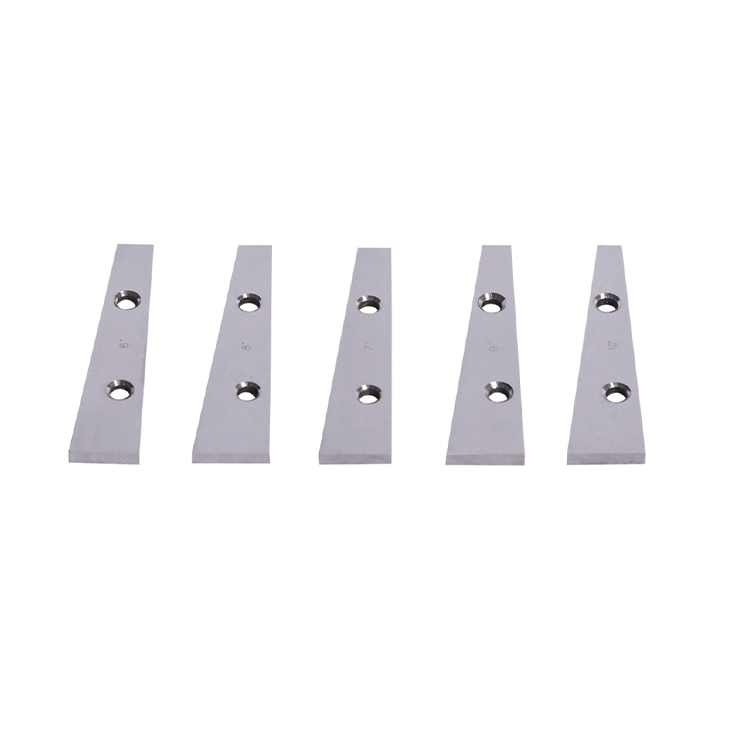 Precision 5pcs & 6pcs Angle Blocks Set With High Quality Type
Precision 5pcs & 6pcs Angle Blocks Set With High Quality Type -
 HSS Keyway Broach With Metric And Inch Size, Push Type
HSS Keyway Broach With Metric And Inch Size, Push Type -
 Type B Cylinder Tungsten Carbide Rotary Burr
Type B Cylinder Tungsten Carbide Rotary Burr -
 Auto Self Reversible Tapping Chuck In Drill Machine
Auto Self Reversible Tapping Chuck In Drill Machine -
 HSS Inch Screw Slotting Saws For Industrial With Bright Or TiN Coated
HSS Inch Screw Slotting Saws For Industrial With Bright Or TiN Coated -
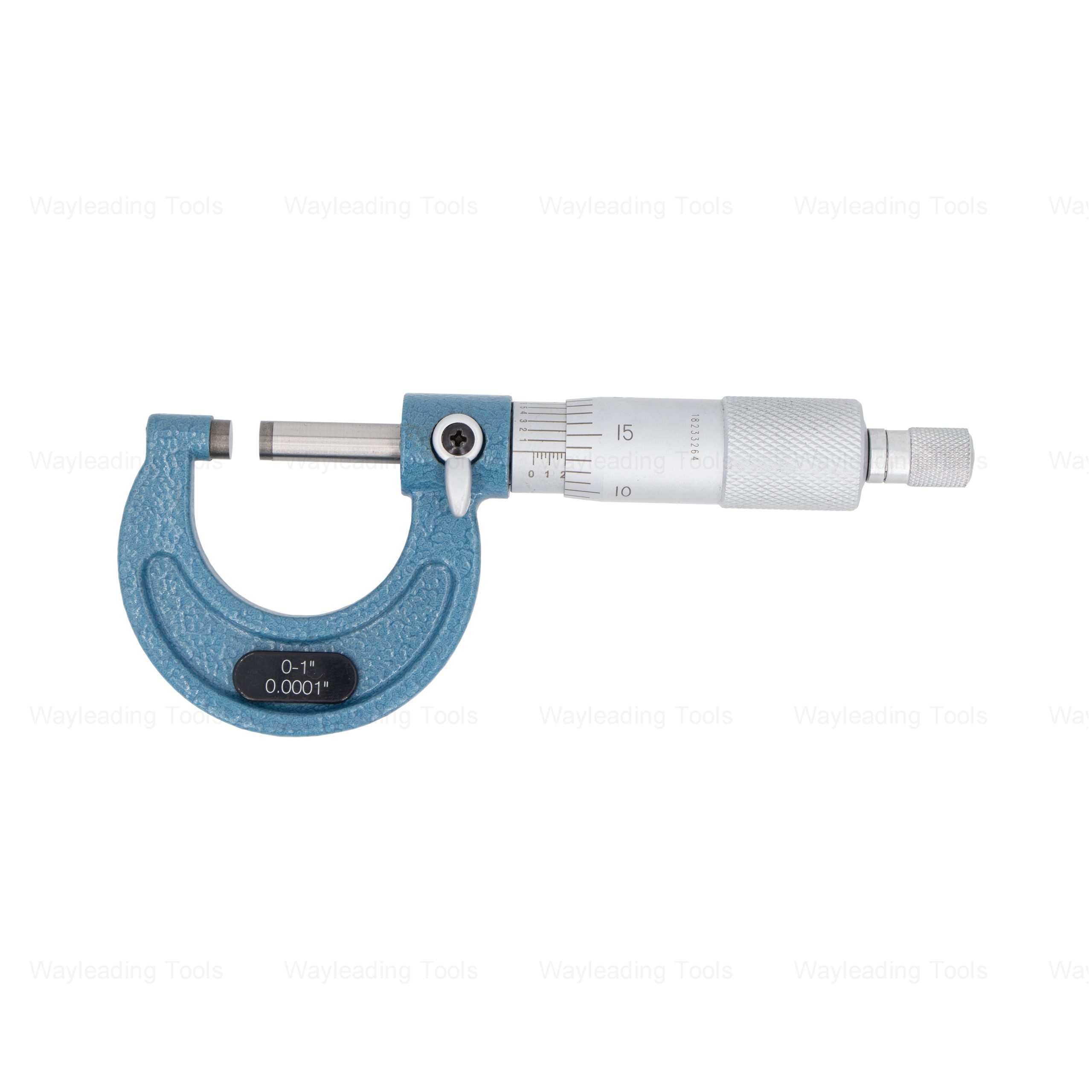 Premium Outside Micrometer – Metric & Inch, Ratchet Stop, Industrial Grade
Premium Outside Micrometer – Metric & Inch, Ratchet Stop, Industrial Grade -
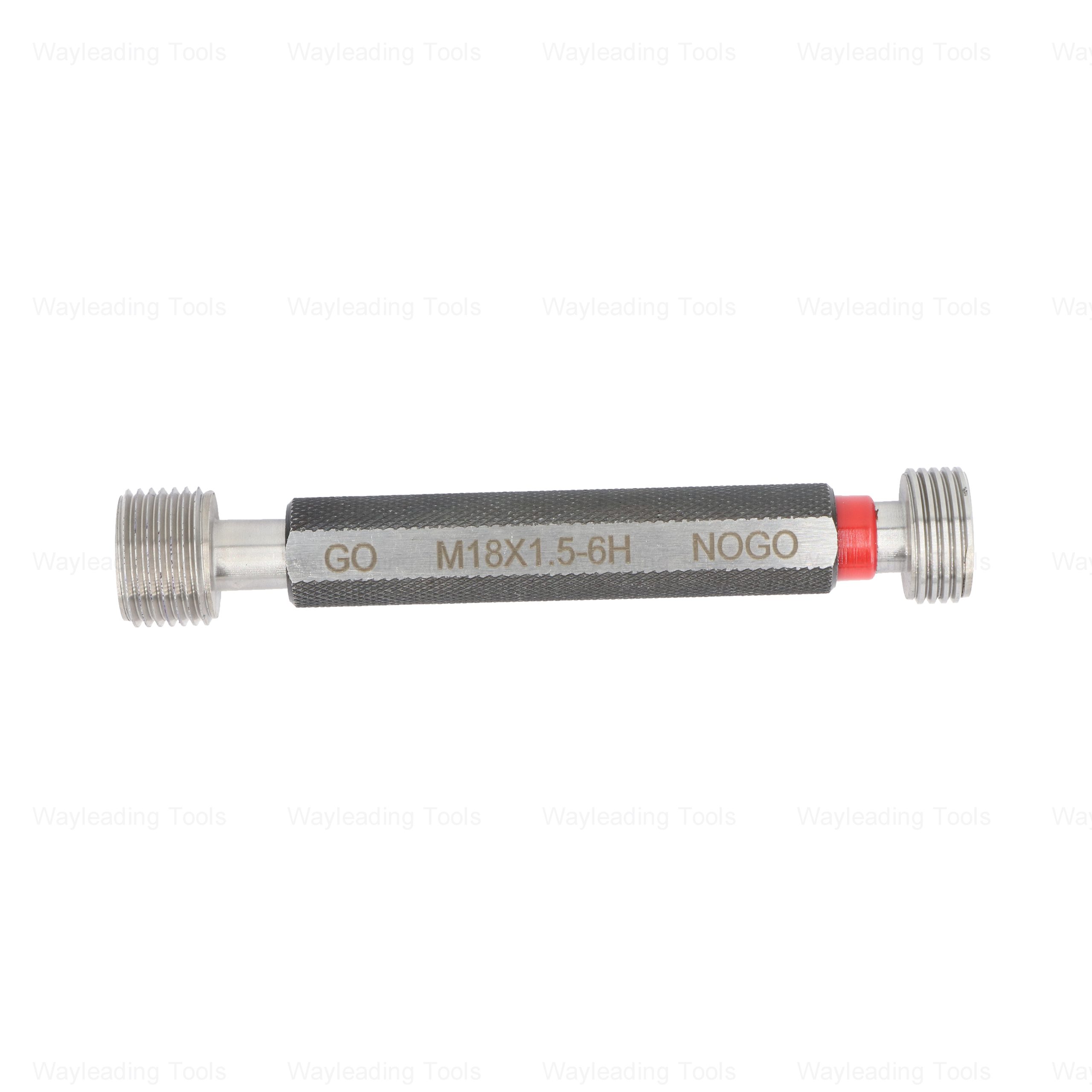 High-Precision Metric Thread Plug Gauge – 6H Class, GO & NO-GO Ends
High-Precision Metric Thread Plug Gauge – 6H Class, GO & NO-GO Ends -
 Precision Outside Micrometer Of Inch & Metric With Rachet Stop
Precision Outside Micrometer Of Inch & Metric With Rachet Stop -
 Precision 17pcs Angle Blocks Set With High Quality Type
Precision 17pcs Angle Blocks Set With High Quality Type -
 HSS Threading Taps – ISO 529, Straight Flute, Spiral Flute & Spiral Point
HSS Threading Taps – ISO 529, Straight Flute, Spiral Flute & Spiral Point -
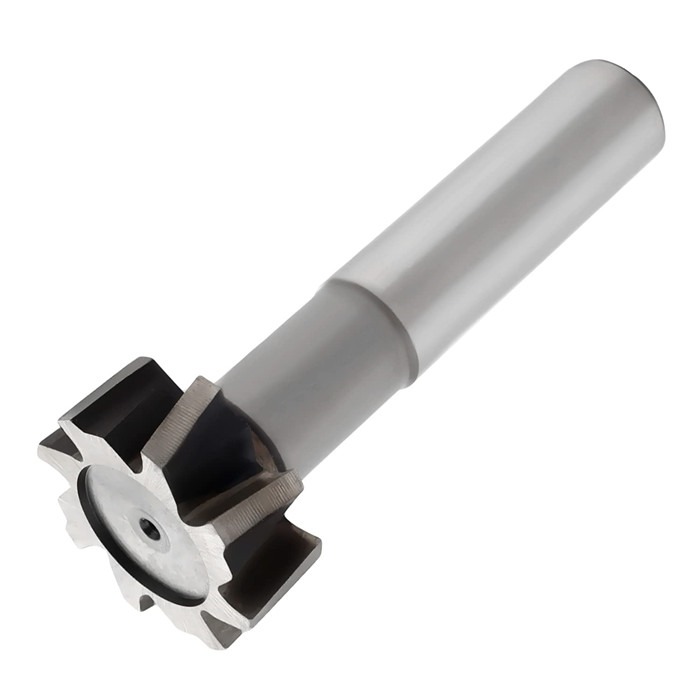 HSS Metric & Inch T Slot End Mill For Industrial
HSS Metric & Inch T Slot End Mill For Industrial



